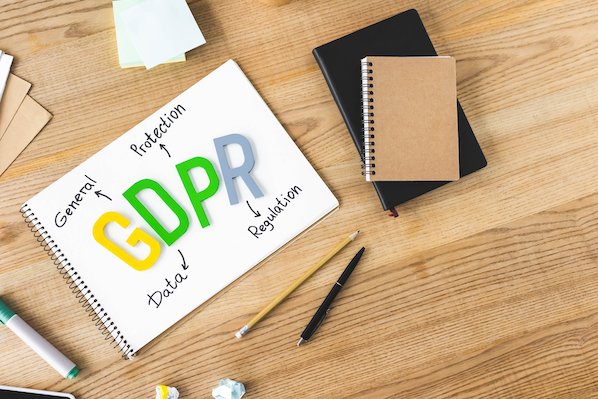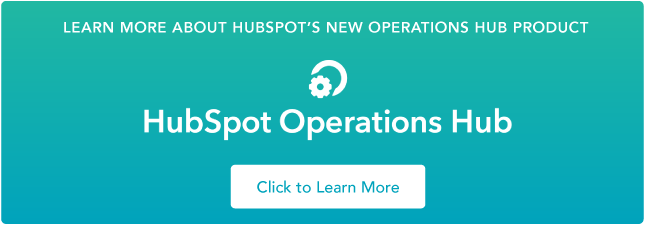- Like
- SHARE
- Digg
- Del
- Tumblr
- VKontakte
- Flattr
- Buffer
- Love This
- Save
- Odnoklassniki
- Meneame
- Blogger
- Amazon
- Yahoo Mail
- Gmail
- AOL
- Newsvine
- HackerNews
- Evernote
- MySpace
- Mail.ru
- Viadeo
- Line
- Comments
- Yummly
- SMS
- Viber
- Telegram
- JOIN
- Skype
- Facebook Messenger
- Kakao
- LiveJournal
- Yammer
- Edgar
- Fintel
- Mix
- Instapaper
- Copy Link
Disclaimer: This blog post is not legal advice for your company to use in complying with EU data privacy laws like the GDPR. Instead, it provides background information to help you better understand the GDPR. This legal information is not the same as legal advice, where an attorney applies the law to your specific circumstances, so we insist that you consult an attorney if you’d like advice on your interpretation of this information or its accuracy.
In a nutshell, you may not rely on this as legal advice, or as a recommendation of any particular legal understanding.
It’s not enough to implement a few changes for data protection in your business and forget about it. As part of the GDPR, or General Data Protection Regulation that’s now in EU law, businesses need “data protection by design and by default”.
This means building data security and privacy into every aspect of your business’s data management strategy. From data capture to storage, maintenance, transfer, use, and cleaning, it’s essential to take care of your contact data ethically and securely.
While we’re not advisors on GDPR, we can follow the experts and present their recommendations. This includes collecting clear consent for communication, managing data securely, and implementing requirements such as cookie banners and privacy notices.
One of the most straightforward ways to meet these requirements is with GDPR compliance software.
GDPR compliance software helps businesses to manage customer data, consent forms, and data security. Some platforms also enable a company’s customers to edit the personal data that is stored or processed about them.
What is Personal Data Under the GDPR?
Personal data includes information related to people who can be identified from it, whether directly or indirectly. Pseudonymized data can help reduce privacy risks, but it is still personal data by this definition. The GDPR applies to the processing of personal data wholly or partly by automated means, such as a form on your website, or the processing of personal data which forms part of a filing system.
How GDPR Impacts Email Campaigns
When whispers of GDPR first started surfacing many moons ago, one of the questions that most perplexed business owners had was whether they could continue sending emails to their existing contacts.
As an email marketer in the world of GDPR, you need to collect freely given, specific, informed, and unambiguous consent (Article 32) before sending emails.
Adhering to data protection in your email campaigns includes adopting these practices:
- Requiring all leads to specifically opt-in to communications before sending email campaigns.
- Offering contacts an easy way for their personal data to be edited or removed.
- Purging contact data you no longer require or after the communicated storage time in your terms and conditions.
To maintain a clear oversight of all contact data, you can sync your current lead and customer data as well as their latest subscription and consent status between apps with a two-way data sync. You can also implement a consent management platform to collect and manage consent for all contacts.
Simplify GDPR Compliance with a Consent Management Platform
One key part of GDPR is documenting each contact’s consent to store their data and communicate with them. While you can use built-in features in each of your apps, it’s also helpful to choose a dedicated consent management platform, or CMP. Here are some of the top CMPs to consider:
- Didomi is a popular consent and preference management platform with comprehensive solutions to collect, store, and leverage user consents and preferences. After completing the setup process, you can see a compliance score out of 100% for your business. With their Privacy Center, you can also offer customers a dedicated space to easily access and manage their consent and preferences.
- Piwik PRO was built as an analytics platform but now includes a Consent Manager to manage your marketing stack’s compliance in one centralized place. It’s designed to get your tools up to speed with GDPR, California’s CCPA, Brazil’s LGPD, and other privacy laws around the world.
Other Apps to Streamline GDPR Compliance
As well as adopting a consent management platform, there are several other types of apps to help you manage your contacts compliantly. Here are some GDPR-friendly apps to consider adding to your stack:
- LogicGate Risk Cloud is an agile GRC (governance, risk, and compliance) cloud solution. It includes enterprise-level solutions for risk management, compliance management, and data privacy.
- Boxcryptor makes your cloud storage more secure with encryption for OneDrive, Dropbox, and Google Drive among other providers. It’s free to use for one storage provider on two devices, and you can upgrade for unlimited devices, providers, and advanced filename encryption.
- Onna integrates, unifies, and protects knowledge platforms in one centralized and secure place. Connectors include Google Suite, Microsoft 365, Dropbox Business, Zoom, and Slack Enterprise.
- iubenda generates instant cookie banners and terms and conditions that are customized to fit your business, tech stack, and the data you collect. It’s especially valuable for websites and small businesses to comply with legal requirements quickly and simply.
- PieSync and its two-way data syncing tool existed before GDPR, but it has some handy benefits for secure data management and up-to-date contact information, including subscription status. The two-way sync enables you to create a “single source of truth” between your apps and make your customer data easier to use and manage. Next to the subscriptions, you can also sync consent status and preferences between apps with customizable filters and rules.
- Fathom Analytics was co-founded by entrepreneur and author Paul Jarvis, Fathom Analytics offers simple, fast, and privacy-focused website analytics as an alternative to Google Analytics. It doesn’t collect any personal data, so it’s instantly GDPR-compliant and you don’t need to include it in your cookie notice.
Keep Your Company Compliant
To maximize your organization’s GDPR compliance, there are certain steps you need to follow and checkboxes to tick. However, there are ways to streamline the process. GDPR compliance software can reduce many of the headaches and make it easier to meet the most important requirements, enabling you to get back to your other business goals sooner.
Originally published Nov 20, 2020 7:00:00 AM, updated November 20 2020




